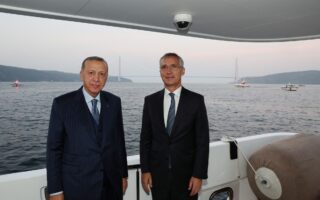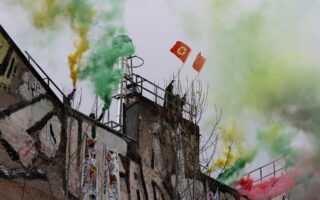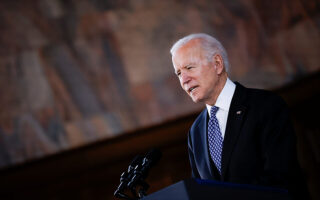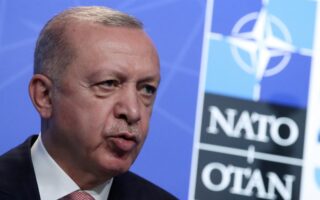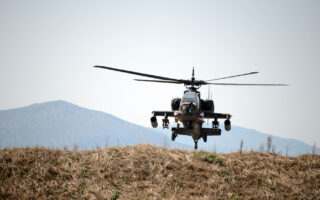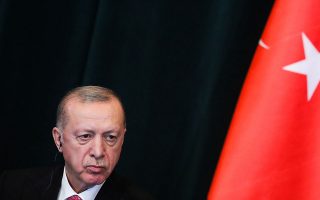A year of challenges will test our ability to float
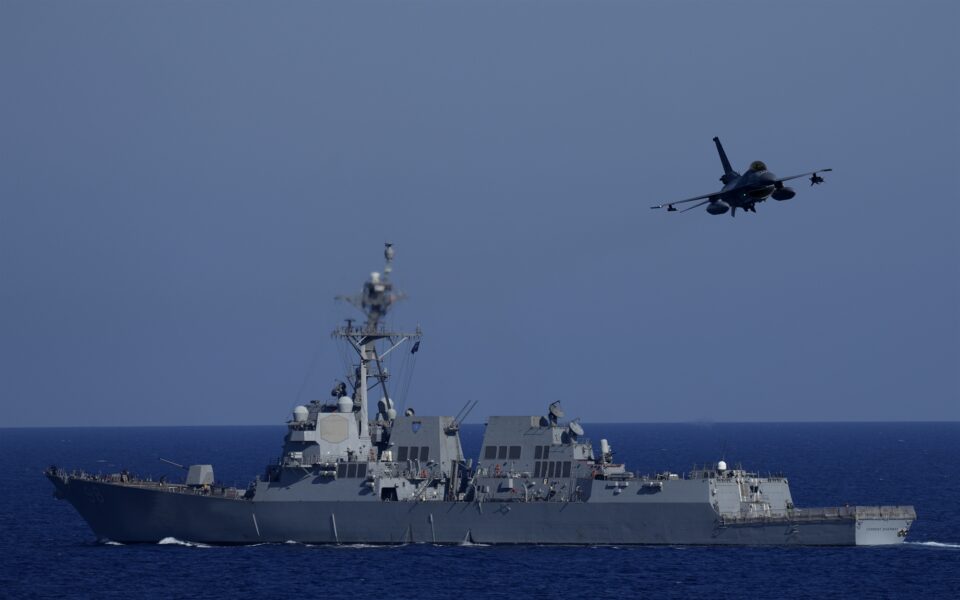
If there is a quality that characterizes the Greek nation, it is the ability to survive the tumults of history and float above its waves. It is precisely this ability that will be tested in 2023. And – according to some – Greek-Turkish relations may be the most serious issue that will be decided. It is also significant that this is happening at a time when there is an ongoing military conflict between the West – represented on the battlefield by the Ukrainians – and President Vladimir Putin’s Russia. Of course, it is worth noting that war by proxy is not a recent phenomenon.
Since the rise and consolidation of Joseph Stalin to power, the communist parties in Western Europe always served as mechanisms of subversion aimed at overthrowing the bourgeois establishment.
A similar practice was adopted by the West, led by the United States, when they assisted anti-regime groups in the countries behind the Iron Curtain until the “normalization” of the situation was undertaken by Soviet tanks. Of course, this was true until the Polish October, when the gradual collapse of the Soviet empire began.
Since the mid-1950s, when the gradual derailment of Athens-Ankara relations began, the Greek-Turkish confrontation had the characteristics of a bilateral national confrontation, historically established, which culminated with the Turkish invasion of Cyprus and continued for years, with critical points the 1987 Aegean crisis and the Imia crisis in 1996.
A qualitative change in the status quo that had been in place for decades came with the election of Joe Biden to the presidency of the US. Already in the last phase of the election campaign, a video was released of Biden telling American reporters that Washington should embolden Turkish opposition leaders “to be able to take on and defeat [Recep Tayyip] Erdogan. Not by a coup, not by a coup, but by the electoral process.”
After his election, in November 2020, and before even assuming his presidential duties, Biden called Putin a “killer” in a televised interview. Two leaders – Putin and Erdogan – of two former empires that have clashed mercilessly for centuries were targeted by the American leader.
Thus, when the Russia-Ukraine war broke out, Erdogan, instead of aligning himself with Washington, assumed the role of mediator for the West with Moscow, without disrupting his relations with Kyiv and without, of course, imposing sanctions on Russia. The crisis is an opportunity to promote security issues, as perceived by Ankara.
The Greek government, for its part, took advantage of the situation by standing “on the right side of history,” following the tradition of former premier Eleftherios Venizelos. Alignment with the US is absolute, Washington’s relations with Ankara are “frozen” and the Greek-Turkish confrontation is gradually becoming part of a major regional reorganization undertaken by President Biden. We certainly live in “interesting times” – come what may.
